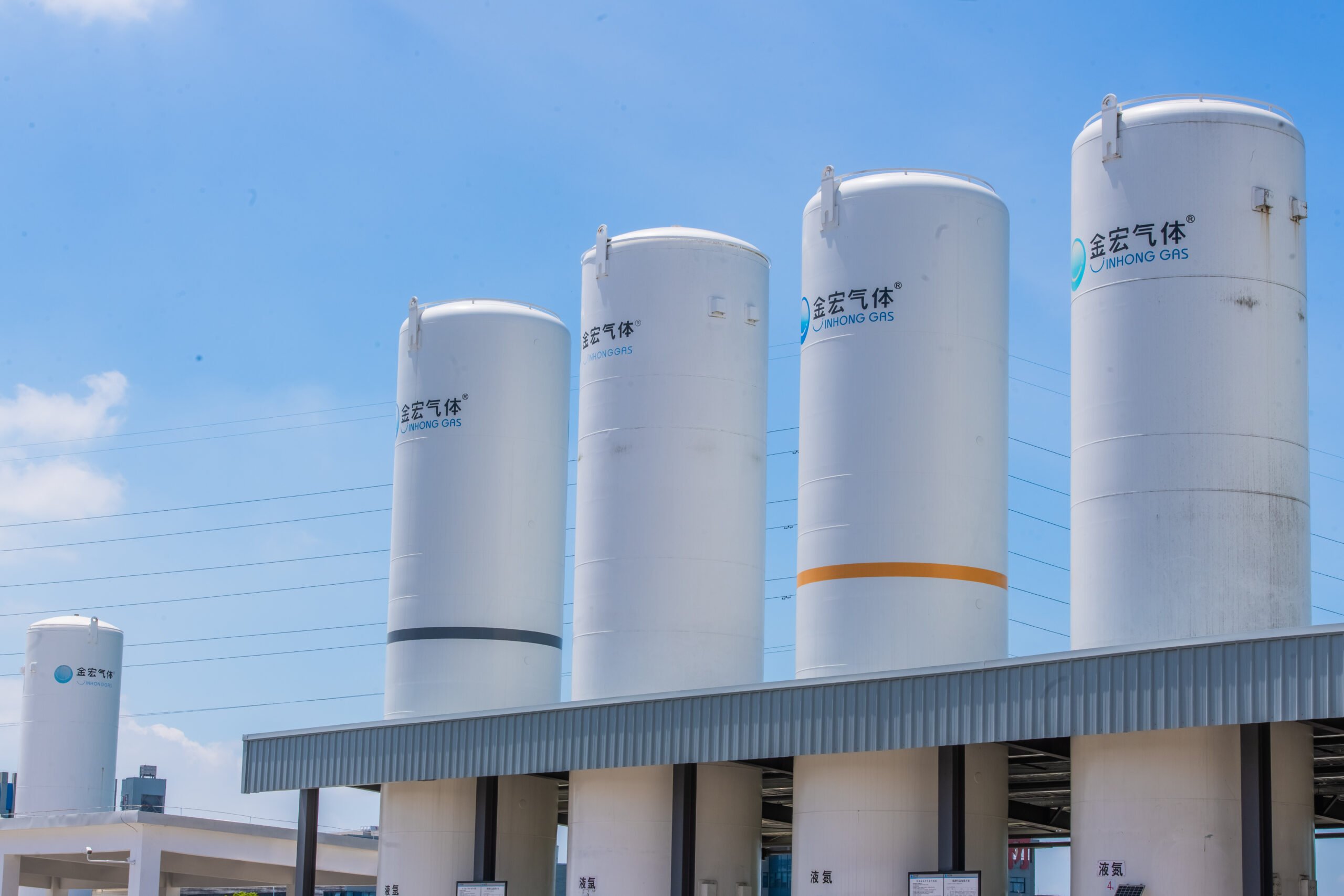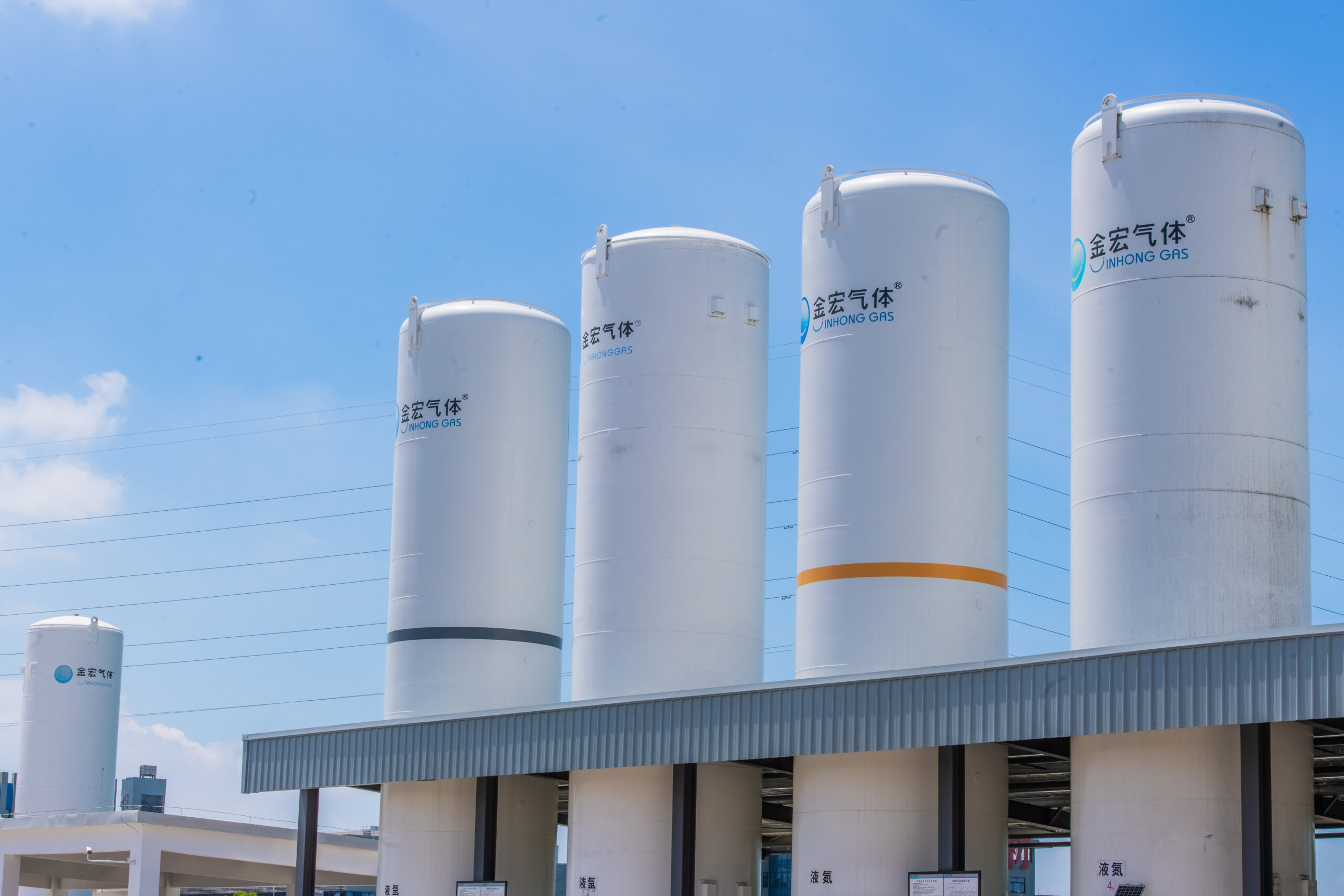Helium plays a big role in industry and scientific research because of its unique physical properties. At extremely low temperatures, such as absolute zero, helium can maintain its gaseous state without solidification, which makes it widely used in these fields.
- Application of helium in multiple fields
Temperature measurement
Using the characteristics of helium close to ideal gas, it becomes an ideal choice for vapor pressure thermometers in extremely low temperature environments. The ideal gas characteristics of helium in extremely low temperature environments make it the choice of vapor pressure thermometers. - Buoyancy application
Helium is also widely used in buoyancy, especially in balloons and airships. Balloons are used for high-altitude meteorological observations above 30,000 meters, television broadcasts, and cosmic ray measurements. Airships are used to transport timber in forest areas and other heavy routes. - Breathing gas application
Helium also plays an important role in breathing gas. Since the solubility of helium in the blood increases with the increase of external pressure, it becomes an indispensable breathing gas choice in deep diving operations. In order to prevent decompression sickness that may be caused by deep-water operations, divers usually use helium-oxygen mixture instead of pure air. This mixed gas can be used at a depth of up to 500 meters, providing strong support for the exploitation of oil and natural gas in the ocean. In addition, helium-oxygen mixed gas is also widely used in the medical field, such as the treatment of asthma. - Leak detection application
Helium is often used in the field of leak detection due to its unique diffusion characteristics. Only a trace amount of helium can detect tiny leaks, and even extremely small holes that leak only 1 liter every 3,000 years. Therefore, helium is widely used in leak detection in high vacuum devices, nuclear reactors, and spacecraft. The diffusion properties of helium are used for tiny leak detection in high vacuum devices, nuclear reactors, and spacecraft. - Welding and smelting applications
Helium has a long history of application in industry, especially in the field of metal welding. Since the 1930s, helium has often been used as a shielding gas for metal welding containing elements such as aluminum and iron to ensure the quality and safety of the welding process. In addition, helium is also widely used in the smelting process of rare metals such as titanium, zirconium, and hafnium, playing an important role similar to argon. - High-speed wind tunnel application
In the aviation industry, helium is widely used in supersonic or subsonic high-speed wind tunnels. By ejecting helium at high pressure, high-speed airflow can be obtained, providing key support for the development and testing of aircraft. Helium is used in high-speed wind tunnels in the aviation industry to provide airflow for aircraft development and testing. - Application in rockets and space navigation
Helium plays an important role in rocket technology and space navigation. It is used as a pressurized gas for transporting liquid propellants (such as liquid hydrogen, liquid oxygen, liquid fluorine, etc.). At the same time, helium is also used for cleaning the engine and machine piping of the injection device. Helium is used as a pressurized gas to transport liquid propellants and is also used for cleaning injection devices. - Application in nuclear reactors
Helium plays a key role in nuclear reactors. It is not only used for cooling and heat exchange, but also plays an indispensable role in the cleaning process of enriched uranium diffusion elements. In addition, helium has also been selected as an ideal heat carrier in the current research on the one-step ironmaking with atomic energy. Helium is used in nuclear reactors for cooling, heat exchange, and cleaning of uranium enrichment diffusion elements, and as a heat carrier in one-step ironmaking research.



